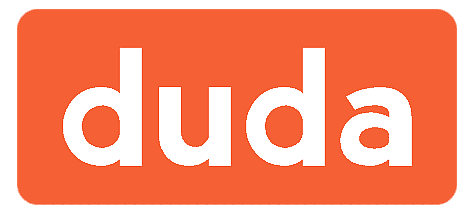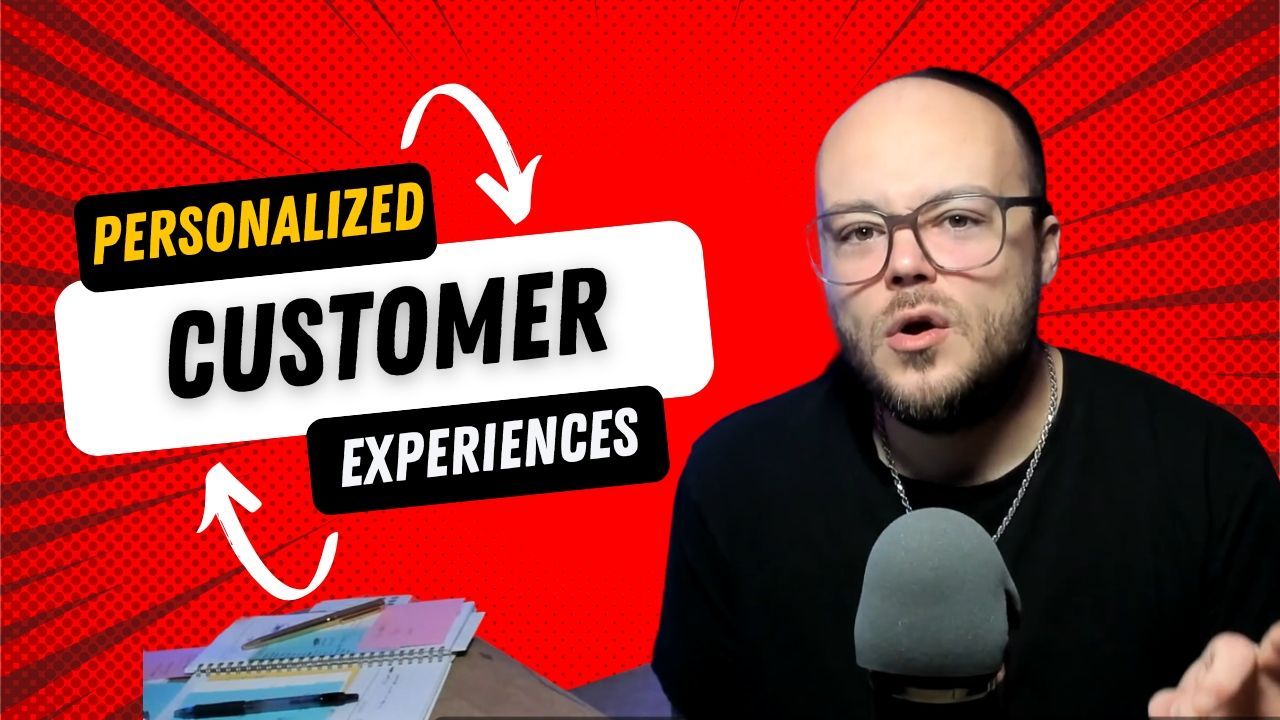The Top Small Business Tax Loopholes
Navigating the intricate world of taxes can be daunting for small business owners. However, understanding and leveraging tax loopholes can significantly reduce your tax liability, allowing more resources to be allocated towards growth and development. Here’s a guide to the top small business tax loopholes that can help your business save money and increase its bottom line.
1. Home Office Deduction
For many small business owners, the home office deduction is a pivotal loophole that can lead to substantial savings. If you use a portion of your home exclusively for business, you may be able to deduct expenses related to that portion, including mortgage interest, insurance, utilities, repairs, and depreciation. It’s crucial to accurately calculate the percentage of your home used for business to maximize this deduction while staying compliant with IRS guidelines.
2. Section 179 Deduction
Section 179 of the IRS code allows businesses to deduct the full purchase price of qualifying equipment and software bought or financed during the tax year. This means that instead of capitalizing an asset and depreciating it over several years, you can deduct the total cost in the year of purchase, up to a limit. This immediate expense deduction can significantly lower your taxable income.
3. Business Vehicle Use
The use of a vehicle for business purposes offers another opportunity for tax savings. Small businesses can deduct vehicle-related expenses using the standard mileage rate or actual expense method. Tracking miles driven for business, alongside maintaining records of all vehicle-related expenses, can optimize your deductions come tax time.
4. Retirement Plan Contributions
Contributing to a retirement plan not only secures your financial future but also offers tax advantages for small businesses. Plans like the SEP IRA, SIMPLE IRA, or Solo 401(k) allow business owners and their employees to contribute pre-tax dollars, lowering taxable income and providing a significant tax break.
5. Health Insurance Premiums
For self-employed individuals, health insurance premiums paid for themselves, their spouse, and dependents can be deducted. This deduction is taken from your gross income and can lead to substantial tax savings, especially with the rising costs of healthcare.
6. Hiring Family Members
Employing family members in your small business can shift income from your higher tax bracket to their lower ones, reducing the overall tax burden. Moreover, employing your children under the age of 18 can exempt you from payroll taxes, providing another avenue for savings.
Actionable Steps to Leverage Tax Loopholes:
- Keep meticulous records: Accurate and detailed record-keeping is essential for maximizing deductions and staying compliant.
- Consult with professionals: A tax professional can provide personalized advice and ensure you’re taking advantage of all applicable tax loopholes.
- Stay informed: Tax laws change frequently. Keeping abreast of new tax laws and regulations can help you identify new savings opportunities.
Understanding and applying these small business tax loopholes can significantly affect your business’s financial health. However, it’s important to approach tax planning with caution and seek professional advice to ensure compliance and optimize benefits. By leveraging these loopholes, small businesses can redirect funds from taxes to areas that foster growth, innovation, and sustainability.
Joshua Lee Bryant
Advertising | Coaching | Web Design
Powerful, strategy-driven solutions for small to large businesses ready to gain more customers and grow.

Let's Grow Your Business | Coaching
Behind every thriving business is a strong strategy—and a trusted advisor. My consulting services offer expert insight, personalized guidance, and a collaborative approach that puts your goals first. Whether you're just starting or scaling up, I’ll help you move forward with clarity and confidence.
Your next step is just one conversation away.

Business growth doesn’t happen by chance, it happens when your offer, pricing, messaging, and customer acquisition system all work together. We’ll identify what’s holding you back, build a clear and realistic strategy, and then connect it to execution across the platforms that drive results.
You need to be able to trust that the person helping your business is properly qualified to do the job, as your budget, brand, and growth are at stake. I’m a business major, author, and experienced mentor who has helped 200+ businesses and taught small business development workshops through organizations like the SBDC, People Inc, and the YWCA. Backed by formal education (MSML and a BSBA in Marketing) with my doctorate in progress, advanced training in business strategy and entrepreneurship, and certifications in marketing and sales frameworks, I bring both strategic depth and real-world execution to every engagement, so your growth plan is built on skill, not guesswork.


Free Consultation
Ready To Accelerate Your Business To New Heights? I'm here to help. Fill out this form and I will promptly reach out to you for a Free Consultation!
















